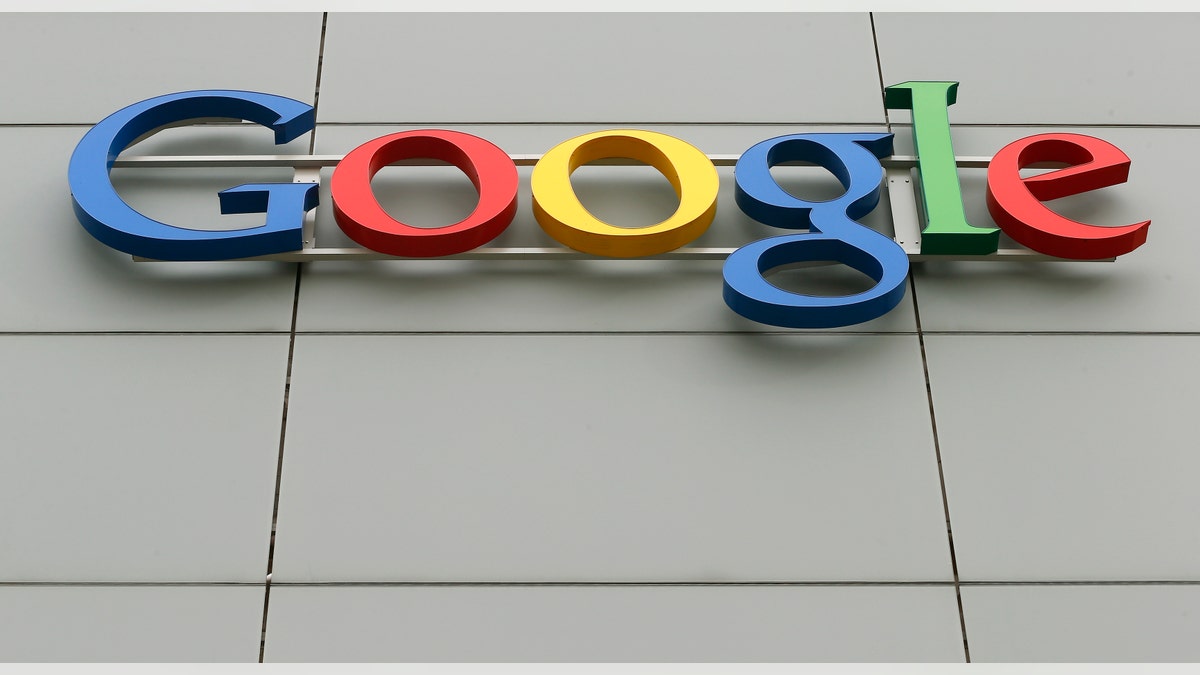
File photo - A logo is pictured at Google's European Engineering Center in Zurich April16, 2015. (REUTERS/Arnd Wiegmann)
Google's effort to provide free Internet access to those in low-income housing developments kicked off today with a launch in Kansas City, Missouri.
All 100 homes in the West Bluff housing development have been wired for gigabit Internet via Google Fiber, which provides speeds up to 1,000Mbps. In partnership with the Housing Authority of Kansas City, Google is also working with local affordable housing providers to connect eight more properties, in hopes of reaching more than 1,300 families in the area.
Google last year announced that it will offer free Internet to low-income housing complexes located in Google Fiber cities. The initiative is part of ConnectHome, a program from the White House and U.S. Department of Housing and Urban Development (HUD) that aims to bring Internet connectivity to more school-aged children and families living in assisted housing in communities across the country.
For those who can't afford an Internet-connected device, ConnectHome will help folks find discounted gadgets and learn new computer skills via digital literacy classes, Google said.
"For low-income families, access to the Internet can mean the difference between thriving or falling behind," Dennis Kish, vice president of Google Fiber, wrote in a blog post.
"It can mean more children using computers in after-school programs and STEM classes, more students going online to finish their homework, more people taking advantage of resources like Khan Academy, and more families learning basic computer skills that help them be more connected," he said.
Google Fiber is also available in Austin, Texas, and Provo, Utah, with plans to expand to: Salt Lake City, San Antonio, Nashville, Atlanta, Charlotte, and Raleigh-Durham.
Google is not the only provider participating in ConnectHome: CenturyLink promised to hook up HUD households in Seattle for $9.95 per month for the first year and $14.95 for the next four—similar to Comcast's Internet Essentials. Cox Communications is doing the same in Macon, Meriden, Baton Rouge, and New Orleans, for eligible K-12 families residing in public housing.
This article originally appeared on PCMag.com.
